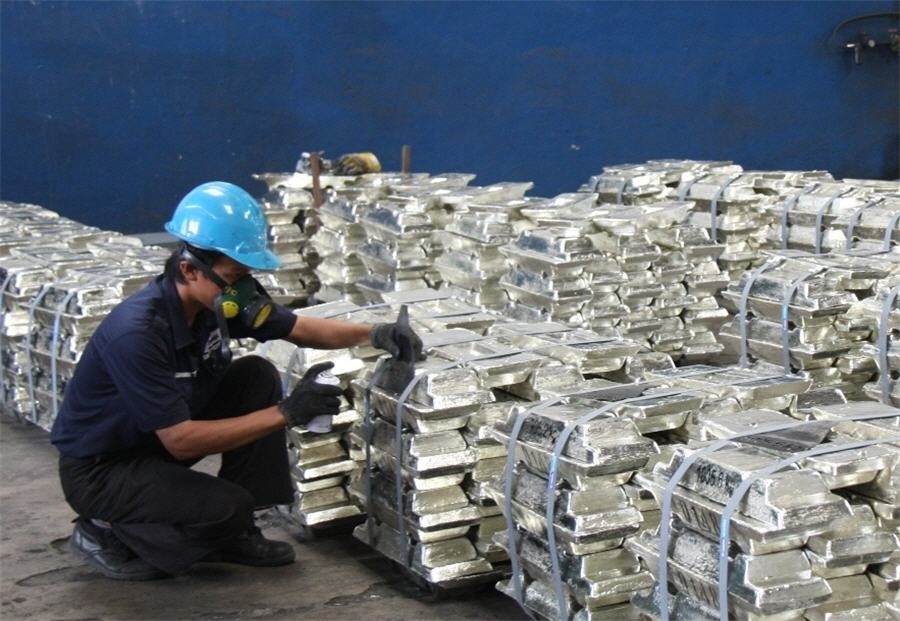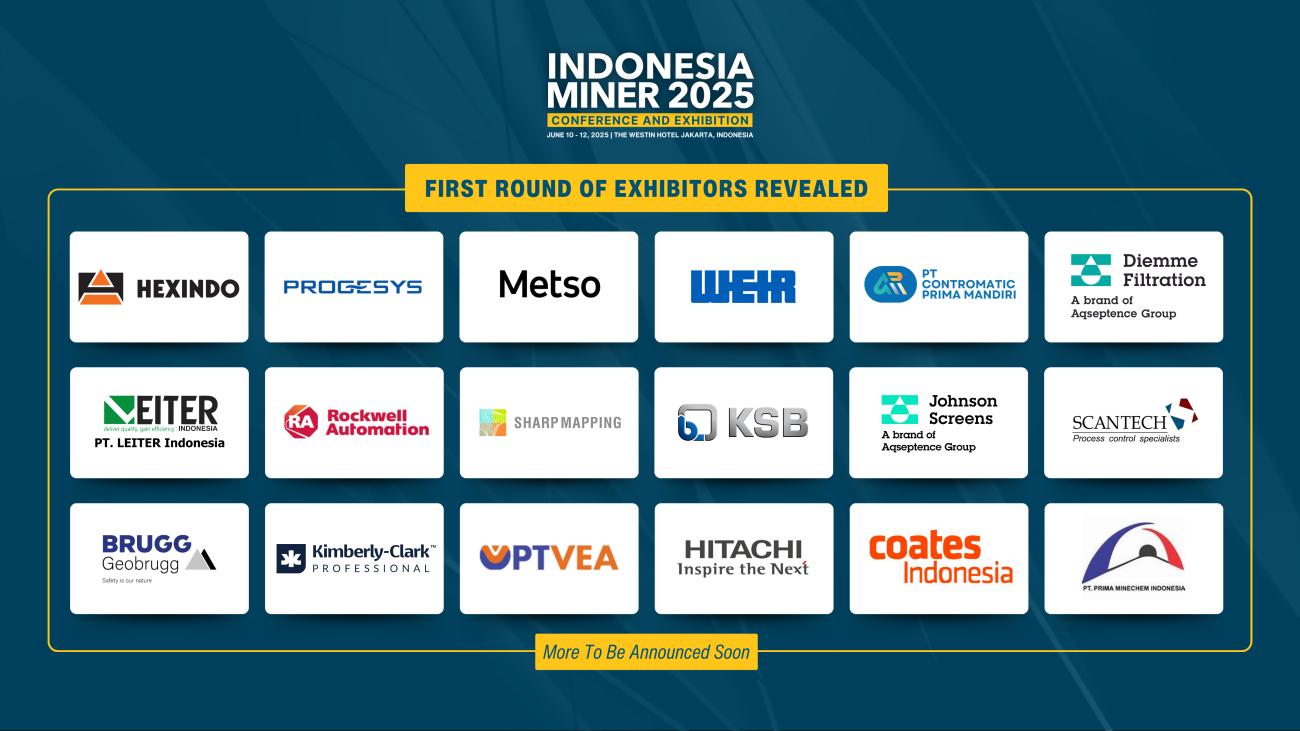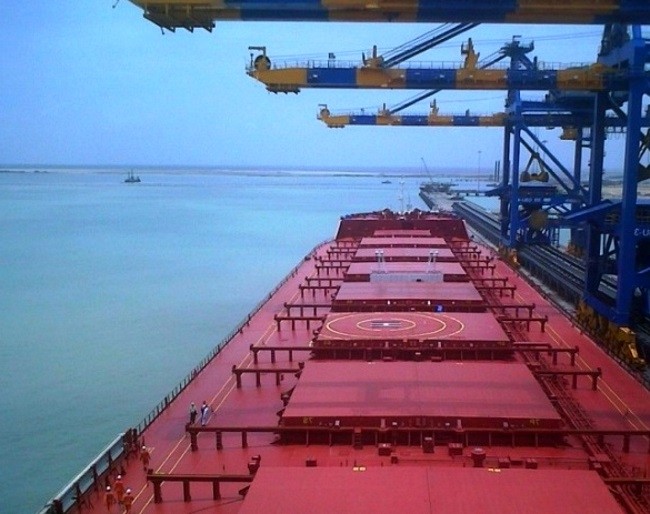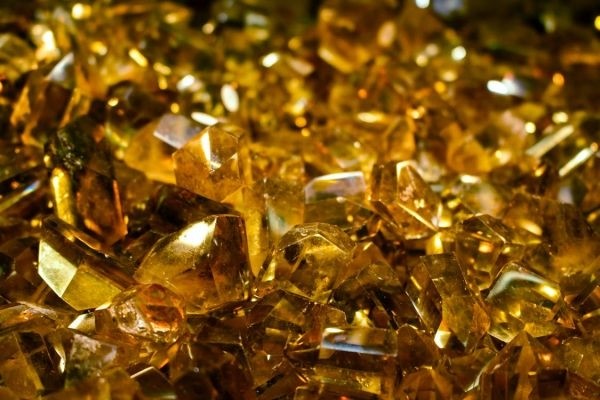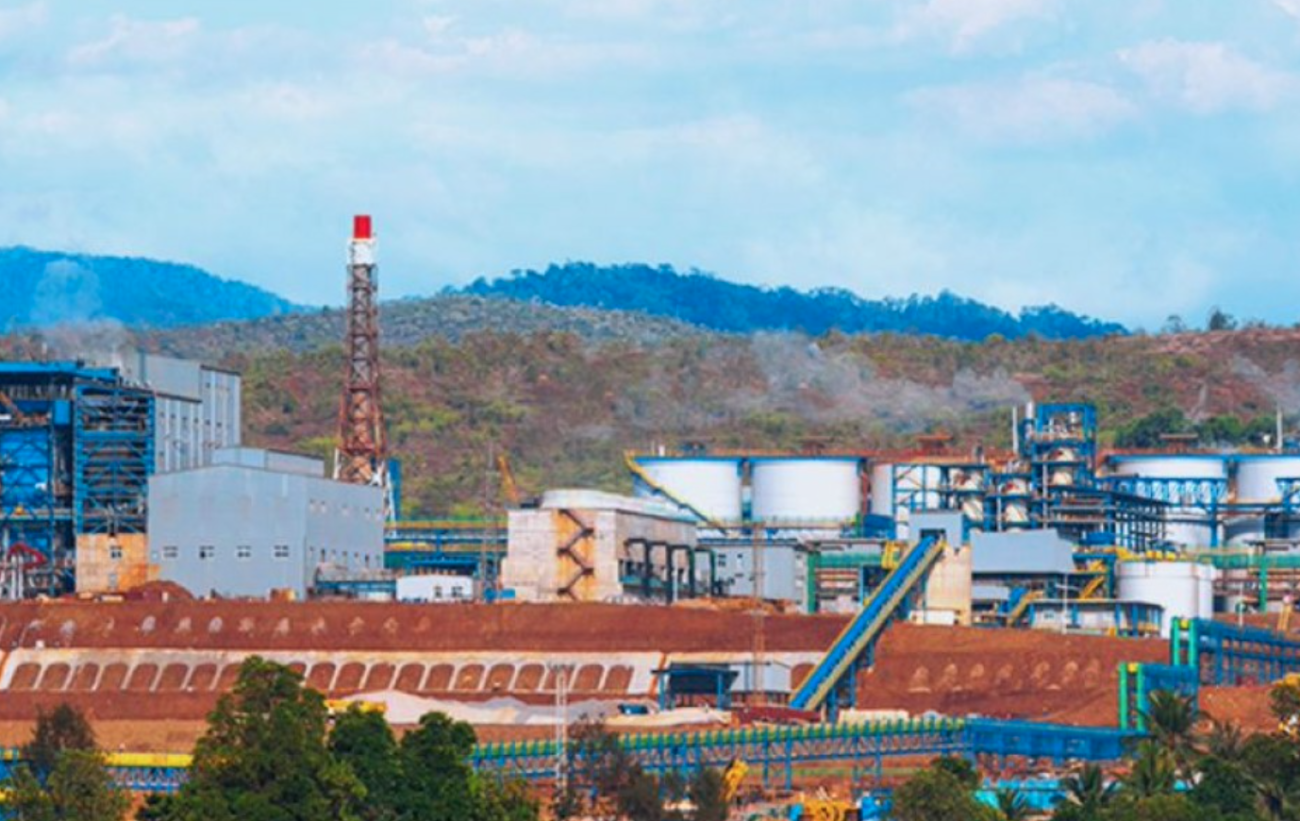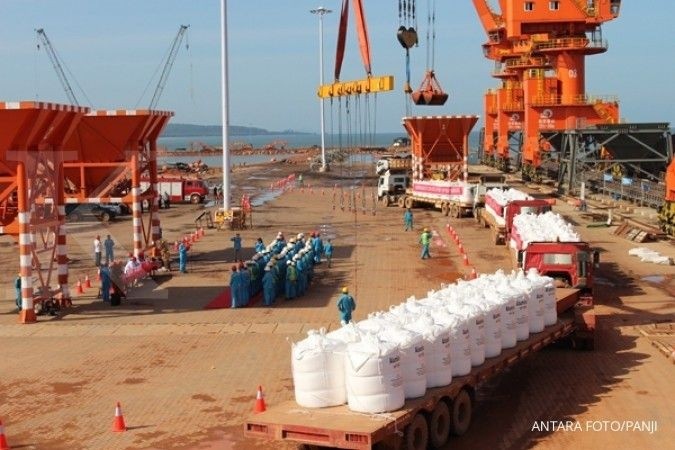Indonesian tin industry groups on Monday asked authorities to consider implementing a planned tin ingot export ban gradually to allow the industry to develop domestic processing plants.
Indonesia last month said the world’s biggest exporter of refined tin is planning to ban exports of the metal in favour of attracting investment to further process it domestically. The timeline for implementing such a ban has not yet been decided.
The policy is similar to what the resource-rich country has implemented for developing a downstream processing industry for nickel ore. But unlike nickel, Indonesia already exports high-purity refined tin.
Authorities may seek investment in tin forming industries and tin chemical productions, officials said.
“We support all regulations that will be made by the government but we ask for their consideration that this downstreaming be carried out in stages,” Alwin Albar, chairman of industry group Association of Indonesian Tin Exporters, said at a hearing in parliament.
“We need time to develop the downstream industry,” he said.
He added state tin company PT Timah, where he is a director, needs around two years to develop its existing tin chemical production facility and even longer to secure markets for its products.
He said a sudden export ban could hurt tin miners and refiners as the domestic market can only absorb about 5% of Indonesia’s output.
Alwin also warned that imposing an abrupt export ban while domestic use remains low could trigger smuggling.
Ismiryadi, chairman of the Association of Indonesian Tin Industry, told the same hearing that an export ban would affect roughly 30% of economic activity in the country’s tin mining hub, Bangka Belitung Province.
A mining ministry official said the government would calculate how much time and investment would be required to develop a domestic processing industry.
Image source: International Tin Association
